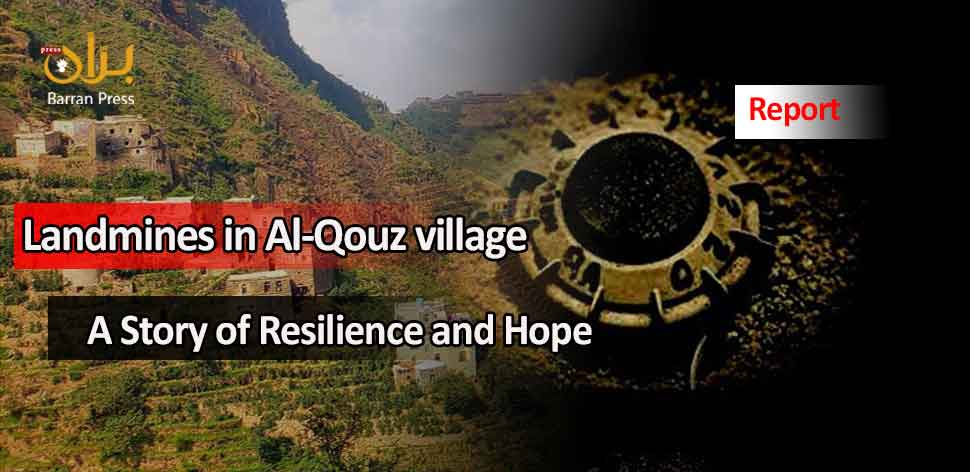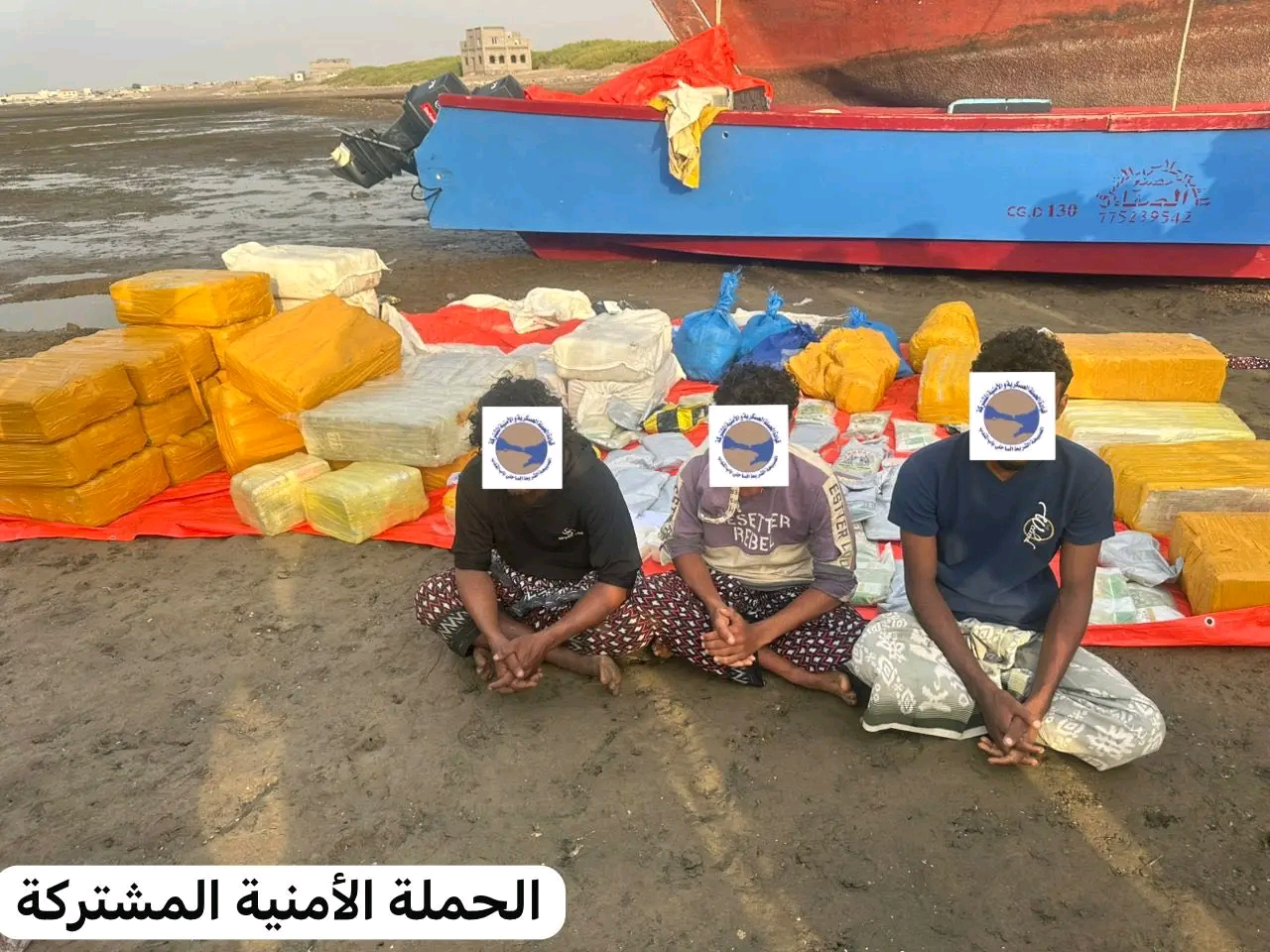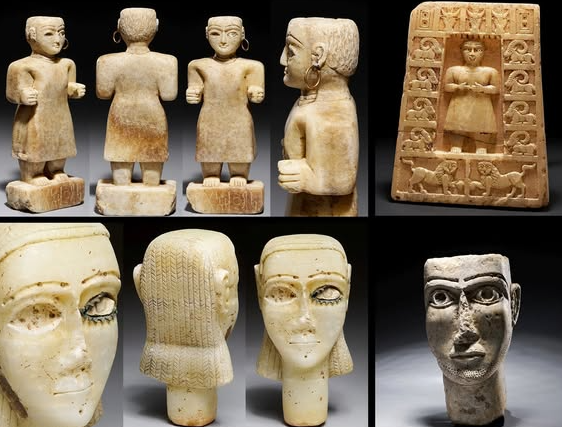
Barran Press | Report prepared by - Mohammed Al-Hajibi
Al-Qouz, a village in the western countryside of Taiz governorate, is one of many Yemeni villages that have been heavily mined by the Houthi group, internationally recognized as a terrorist organization.
Local residents told Barran Press that the Houthis planted landmines and explosives in homes, farms, and roads after they arrived in the village. This has severely restricted the lives of residents and put them in constant danger. Some villagers have suffered permanent disabilities due to the mines.
Mudhesh Nasser, a 56-year-old resident of Al-Qouz, lost his leg after stepping on a landmine while returning from Aden.
“I went to Aden to work as a plumber,” Mudhesh told Barran Press. “After the war in my village ended, I decided to return and work the land. While walking on the road, I stepped on a landmine and lost my right leg.”
He added, “I didn't expect the land and roads to still be riddled with mines. I never imagined a landmine would take away my leg. But it's the price of war, a painful bill.”
Mudhesh is one of many victims of landmines in rural Yemen, forced to live with disabilities. However, he refused to let his disability define him or steal his hope for a fulfilling life.
No Surrender
After recovering from his injury, Mudhesh returned to his life with a prosthetic leg and continued his profession, proving to his community that he wouldn't give up.
“People may look at us with sympathy,” he said. “But despite that, I work and do plumbing to the best of my abilities.”
He added, “I live with this disability, but losing my leg doesn't mean I should surrender and stay at home. It has given me the strength to face life's challenges and demands.”
Mudhesh believes that “true disability lies not in the body but in the mind and will.” He advises all victims and young people that “a person's value in life comes from the responsibility they take on.”
Reflecting on his experience, he said, “My disability won't stop me from working, helping my family, and living my life like everyone else.”
A Dangerous Visit
Sultan Mahyoub, a 28-year-old man, also fell victim to a landmine while traveling to Al-Qouz to visit a relative.
“I left my home in a remote village for Al-Qouz in July 2020 to visit my cousin,” Sultan said. “I was traveling in a friend's car, and as we drove through Al-Qouz, a landmine exploded under the car. It broke my right leg, sent shrapnel into my foot, and caused severe wounds that led to the amputation of my foot.”
He recounted to Barran Press, “I lost consciousness after the explosion. I felt excruciating pain in my right leg. I was taken to the Al-Thawra Hospital in Taiz for treatment and admitted to the emergency room for over 15 days. My broken leg was set and put in a cast.”
He added, “My foot wasn't amputated, but the explosion caused a partial disability. They had to insert several screws to fix the fracture, and I underwent multiple surgeries.”
This report highlights the devastating impact of landmines on the lives of civilians in Yemen. Despite the challenges they face, these individuals demonstrate remarkable resilience and determination to live meaningful lives. Their stories serve as a powerful reminder of the human cost of conflict and the importance of peace and disarmament.
Taiz: The Most Contaminated Area
Judge Ishraq Al-Maqtari, spokesperson for the National Committee for Investigating Human Rights Violations, stated that Taiz governorate is "the most affected by landmines, especially individual landmines."
Al-Maqtari told "Barran Press" that "more than 16 districts in Taiz governorate have been targeted for landmine planting in sensitive areas that affect the lives of civilians, particularly women and children."
She explained that "the mines that exploded in the districts of Maqbanah, Jabal Habashi, Sabr Al-Mawadam, Mu'az, and Al-Waz'iyah were all planted in areas where women and children live, especially near wells, qat farms, firewood gathering areas, and secondary roads used by women and children."
Al-Maqtari emphasized the devastating consequences of these landmines: "They have had many direct impacts on the lives and safety of citizens in these areas, leading to their deaths, injuries, and disabilities."
She further stated that "these landmines have killed hundreds of men and women and dozens of children in rural areas, in addition to amputating the limbs of many who were exposed to them. Some lost lower limbs, others upper limbs, and some lost their sight."
These disabilities have had a profound impact on the victims' lives, preventing them from living normal lives as they did before being exposed to landmines and amputations.
Children and Women: The Most Vulnerable
Al-Maqtari revealed that since the start of the war until 2023, "there have been over 1700 landmine victims in Taiz governorate, including fatalities and injuries, with the majority being women and children."
She highlighted that children and women are the most vulnerable to these landmines, despite often being far from the front lines. Al-Maqtari expressed her concern that "this group is the most exposed to landmines."
Efforts to Clear Landmines
Al-Maqtari acknowledged that "there have been efforts by specialized organizations to remove and dismantle landmines, including the Masam Project, HALO Trust, and the Executive Center for Landmine Victims."
She added that these organizations "have made significant efforts in the process of demining, raising awareness about the dangers of landmines, and their severe impacts."
Caring for the Victims
Al-Maqtari stated that "some active entities have contributed to mitigating the effects of landmines on those affected, including hospitals, humanitarian organizations, and government-run prosthetic centers."
She emphasized the crucial role of prosthetic centers in fitting prosthetics for those who have lost limbs and providing psychological rehabilitation for landmine victims.
Holding the Perpetrators Accountable
In her interview with "Barran Press," Judge Al-Maqtari stressed the necessity for "governmental human rights and judicial institutions to fulfill their duty in holding perpetrators accountable, pursuing them, and holding the militia leaders who order them to plant landmines accountable, especially since the perpetrators are known due to the clear chain of command within the Houthi militia."
She also emphasized the importance of "punishing the perpetrators and compensating the victims, fully remedying their harm, to achieve justice and fairness for them."
A Legacy of Terror
UN reports indicate that the Houthi group has planted approximately two million landmines in various areas under their control, resulting in the deaths and injuries of over 20,000 civilians, the majority being women and children.
While human rights reports accuse the Houthis of "turning Yemen into the largest minefield ever, after planting over two million landmines," human rights organizations repeatedly call on the Houthi group to hand over maps of the landmines they planted to organizations working in demining.
The landmine crisis in Yemen is a stark reminder of the devastating consequences of conflict and the urgent need for accountability and support for victims.





